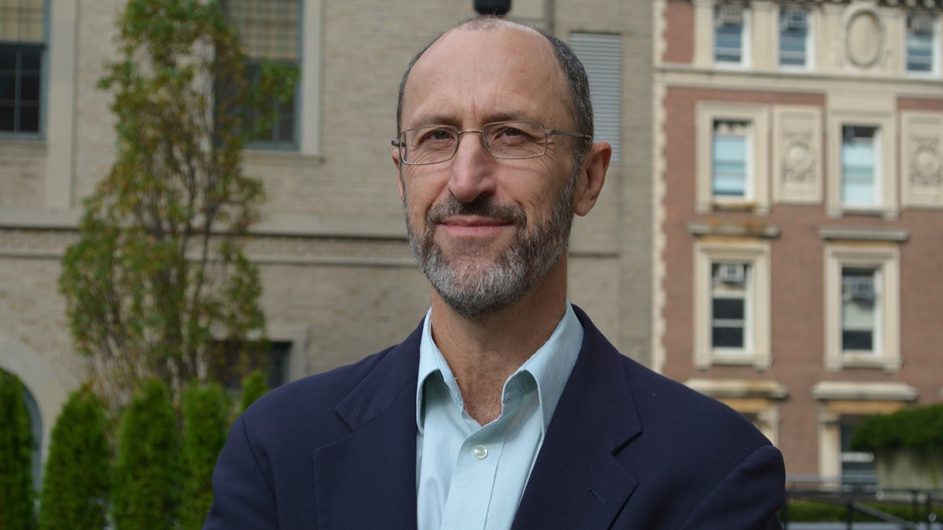Can you provide some examples from the book of tangible steps that address a broad range of human rights concerns?
My recommendations warn against hard sell tactics pushing unfamiliar progressive norms onto societies that lack an adequate social and institutional basis to adopt them successfully. Such efforts are easily tagged with the label of alien imperialism. A better strategy is to first reform the flaws in the liberal order in a way that will induce other states to walk through an open door to voluntarily join the rights-based system. For example, the degeneration of the liberal marketplace of ideas now floods not only our own societies, but much of the world with disinformation, defamation, incitement, and hate speech.
Free speech absolutists like to quote Justice Louis Brandeis’s dictum that if speech is a problem, the solution is more speech, but improving the quality of discourse requires constructive regulation, just as economic markets require rules against fraud and monopolies. U.S. media markets worked better when professional journalists (protected by the First Amendment) exercised their news judgment over mass media under the arm’s-length guidance of the Federal Communications Commission’s erstwhile fairness doctrine, which required broadcasters to provide balanced, comprehensive coverage of important public issues. If powerful rights-based societies fix their own flaws, other states will be more inclined to join the liberal club and adhere to its standards.
Another running theme of my book is that rights promoters should pay more attention to widely popular issues, such as anti-corruption, while being tactically circumspect about pushing controversial issues in places where they will trigger more backlash than compliance. About a third of worldwide mass protests in recent years have targeted corruption. Almost all of these protests were initiated by local civic groups. Transnational human rights groups weigh in only if and when the state cracks down on protesters’ rights to freedom of speech and assembly. International lawyers waffle on whether there is a human right not to be victimized by corrupt officials.
What books have you read lately that you would recommend, and why?
My colleague Nicholas Lemann’s engrossingly readable book, Transaction Man: The Rise of the Deal and the Decline of the American Dream, traces the evolution of American capitalists from the 1950s era of the organization man, who felt some responsibility to his workers and society, to our own era’s cutthroat financiers and masters of hostile takeovers. Vivid in its depiction of individual characters as well as management systems, Lemann’s tale helped shape my own book’s critique of the shift from the socially embedded liberalism of the post-1945 welfare states to the libertarian era of global deregulation. Elon Musk’s takeover of Twitter underscores the importance and timeliness of Lemann’s book.
What’s next on your reading list?
I’m looking forward to reading a new book by another colleague, Sarah Zukerman Daly: Violent Victors: Why Bloodstained Parties Win Postwar Elections.
Are there any classics that you have only recently read for the first time?
Zora Neale Hurston’s Their Eyes Were Watching God depicts communities and characters that are teeming with life and ambition. No invisible men here. I felt that this outlook was in tune with my take on human rights arising from people’s own initiative and interest.
What are you working on now?
Inspired by a rereading of Robert Jervis’s classic book, System Effects, I am hoping to write about change in the international system—the theory of how it happens with applications to contemporary processes of systemic change.
What are you teaching this semester?
I’m teaching an undergrad seminar on international security (the rise of China, nuclear weapons, the absence of war between democracies, gender and security), and a graduate seminar on international relations theory in which the syllabus is peppered with the writings of our own successful former students.
You’re hosting a dinner party. Which three academics/scholars, dead or alive, would you invite, and why?
My kneejerk reaction is to say Karl Marx, Max Weber, and Emile Durkheim. I remember advice I got early in my career: Any incantation mentioning these three founders of social science would provide an effective escape route whenever an opponent in an argument cornered me with superior logic and evidence.
But my real answer is my late colleagues Charles Tilly, Alfred Stepan, and Robert Jervis, who remain so vivid in my memory that I can easily imagine the dinner party. They disagreed about a lot, so the party would be lively indeed.

